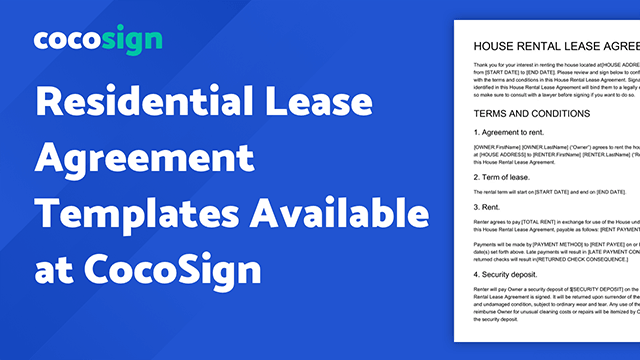First time renting out a house? It’s alright to be anxious. Moving is as stressful for landlords as it would be for residents. You need to understand all the legal aspects associated with renting out a house as a new landlord. There are several things that should be kept track of, which is why a first-time landlord checklist is smarter to follow.
A more secure form of financing, being an owner, offers many advantages. For retirement, you can produce additional income and even produce money. Find our guide given below to know the basics as a first-time landlord.
Research
This is kind of an apparent tip, but this error is made by many first-time renters. In the real estate world, you are a beginner, so it’s important to be vigilant in investigating. Make sure to consider your market’s demand as well as how much you can ask for rent.
Ask important questions to yourself. Is the investment worth this fixer-upper and why? How much am I supposed to need for a mortgage payment? Is my prospective rental in an appealing area? To help you understand how to be a good, tactical landlord, these are just a few questions you need to address.
Sign A Lease Agreement
A rental agreement is a contract that lays down the rules of the tenancy between both the owner and the contractor.

cocosign
Even though contractual agreements are not a legal necessity, it is a good idea to make it clear to both the borrower and the lender what their rights and duties are. These agreements are available online as per your need.
Check CocoSign for rental agreement templates, CocoSign is a SAAS provider that offers 80+ templates for various agreements. It is used by billions of people in 90+ countries across the world & offers legally binding e-sign solutions as well.
This means that you cannot only find a lease agreement there but also invite the occupants to sign it online.

cocosign
Have a lawyer or legal specialist go over it until you have the lease agreement. After that, go over it (in detail) with the tenant to ensure that no changes are needed. If all the conditions are met by all parties, have the lease signed and dated.
Here’s a good place to get started, sign into CocoSign & get done with the lease agreements’ clauses as well as signing.
Hire A Property Manager
One of the mistakes first-time tenants make is trying on their own to get it done. You should consider employing a property manager if you do not have the time or experience to run your own rental property.
For property owners who own apartments or multiple homes, this can be particularly beneficial. The property manager will promote the properties, schedule visitors, draught the tenancy contract, deal with problems with repairs, and handle evacuations.
While it means a cut in your earnings to employ a property manager, it will be worthwhile in the long run.
Get Property Insurance
By buying insurance, you can shield yourself (and your purse) from any future legal liability. Tenant insurance will shield you from monetary damages associated with your property natural catastrophes, injuries, and other problems.
Based on the laws of your region, you will choose to mandate tenants to buy coverage from the renter, that will help you escape a claim if the goods of a renter are harmed. Insurance for homeowners is reasonably inexpensive, and most tenants are willing to pay for it because they know it will cover their belongings.
Set A Pet Policy
There are a lot of challenges in encouraging pets to live in your house. A few of these threats involve possible damage to the house, excessive noise, and debris being stuck in the rug.
You may, however, request a pet deposit or pet rent (depending on the rules in your region) to mitigate the harm. Rentals that are pet-friendly are in fierce competition. By having dogs, you could get even more attractive tenants and it might lead to fewer vacancies.
Logically determine whether you want to comply with challenges that come with allowing tenants to have beloved pets.
Consider Special Requests
Tenants do have special demands often. For instance, as opposed to the traditional white, the resident may choose to paint the walls another color. In addition, an impairment accommodation request can be issued by you.
You will determine whether or not you want to accept it if the request is based on wants instead of needs. Make sure, however, that the condition is under the contract. As long as it is in the contract, charging an additional fee for re-painting the walls is okay.
On the other hand, you’re legally bound to follow thru if you get a request to accommodate a disability.
Conclusion
Put it simply, first-time tenants have their job cut out for them, unless you’re a business professional or an ardent investor. Yes, to prevent any legal responsibility, obey this first-time landlord instruction.
That being said, you can become a more proactive landlord and tenant by adopting this first-time landlord guideline. You can always try rental properties crowdfunding to invest in real estate for potential revenue if you think that’s too much effort.







You must be logged in to post a comment.